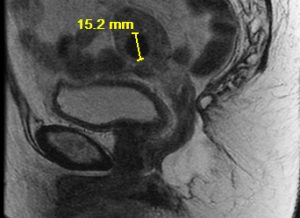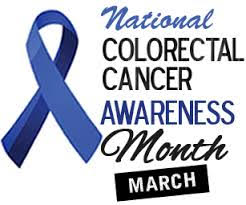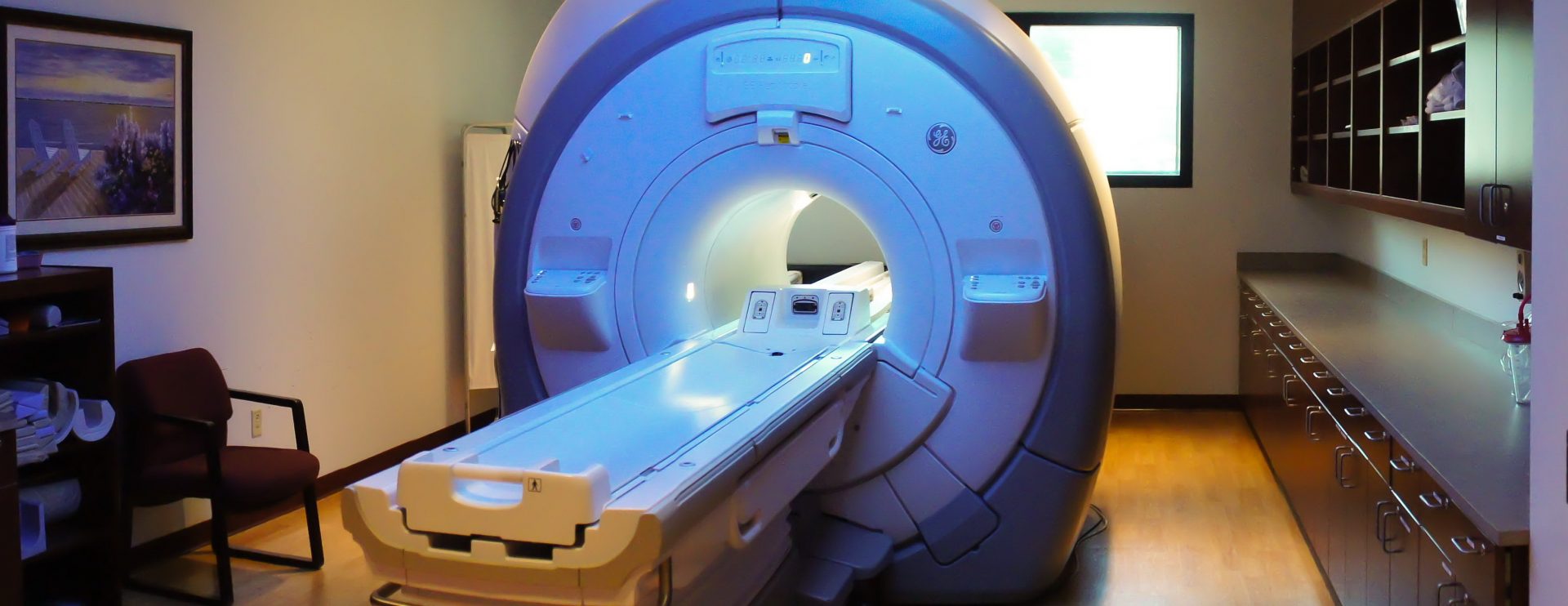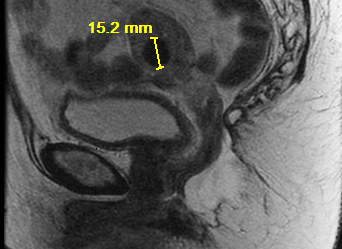 March is colorectal cancer awareness month, and a good time to remind your friends and loved ones to get regular screenings. Colorectal cancer is the second leading cause of cancer deaths in both men and women and the third most common type of cancer in the United States. Colorectal cancer is most common in people 50 years of age and older and is not prevalent in any particular ethnic or racial groups.
March is colorectal cancer awareness month, and a good time to remind your friends and loved ones to get regular screenings. Colorectal cancer is the second leading cause of cancer deaths in both men and women and the third most common type of cancer in the United States. Colorectal cancer is most common in people 50 years of age and older and is not prevalent in any particular ethnic or racial groups.
It is estimated that more than 135,000 people will be diagnosed with this cancer every year with 50,000 annual deaths from colorectal cancer. More than half of all deaths caused by colorectal cancer could be prevented with regular screenings. It is important for families, health professionals and communities to work together to encourage people to get regular screenings.
Risk Factors for Developing Colorectal Cancer
There are many health conditions and risk factors that contribute to the development of colorectal cancer, which is a broad term to describe cancer of the colon, the rectum or both. Cancer of the colon and rectum may be referred to as colorectal cancer and are very similar. Most colorectal cancers begin as a polyp, a growth on the inner lining of the rectum or colon.
Polyps may develop into colorectal cancer over many years, although there are two main types of polyps and not all turn into cancer. Inflammatory and hyperplastic polyps are the most common and are not precancerous. Adenomatous polyps, also called adenomas, may develop into cancer and are considered precancerous. If there are multiple polyps, they are larger in size than 1 cm, or there is dysplasia after removal there is an increased risk of developing colorectal cancer.
Some other risk factors for developing this type of cancer include:
- Age over 50 – while colorectal cancer may develop in younger adults, it is more common in people age 50 and older with an increased risk with age.
- Family history – having an immediate family member such as a sibling or parents diagnosed with colorectal cancer increases your personal risk, and more so if they were diagnosed before the age of 45.
- Personal history – having a personal history of adenomas that were multiple or large in size.
- Inflammatory bowel disease – a personal history of IBD, ulcerative colitis or Crohn’s disease puts you at an increased risk of developing colorectal cancer.
- Being overweight – if you are obese or overweight you are at an increased risk.
- Diet – a diet high in red meats such as pork, beef, lamb, liver or processed lunch meats can increase your risk.
- Lack of physical activity – being physically inactive increases your risk of developing colorectal cancer.
- Alcohol and smoking – excessive use of alcohol or smoking increases your risk of developing colorectal cancer.
It is important to speak with your doctor to discuss and reduce any risk factors in developing this common type of cancer. Taking preventive measures to reduce your risk and learning more about the screening tests available to you may save your life. Talk to your doctor about any concerns and to learn more about the several options of available screening tests.
Screen for Life
 2019 marks the 20th anniversary of the Center for Disease Control’s “Screen for Life” campaign. The Screen for Life Resource Toolkit is full of helpful material, a risk assessment quiz, fact sheets and information to help you understand and manage your risk of colorectal cancer. Screening saves lives when colorectal cancer is caught early.
2019 marks the 20th anniversary of the Center for Disease Control’s “Screen for Life” campaign. The Screen for Life Resource Toolkit is full of helpful material, a risk assessment quiz, fact sheets and information to help you understand and manage your risk of colorectal cancer. Screening saves lives when colorectal cancer is caught early.
There are many options and different types of screening tests available. Some screening tests are designed to find polyps and cancer while others mainly detect cancer only.
Screening tests that detect polyps and cancer include:
- CT colonography (virtual colonoscopy) recommended every 5 years
- Colonoscopy recommended every 10 years
- Double-contrast barium enema, every 5 years
- Flexible sigmoidoscopy. every 5 years
The following tests are used to mainly detect cancer:
- Guaiac-based fecal occult blood test (gFOBT), each year
- Fecal immunochemical test (FIT), each year
- Stool DNA every three years
Talk with your physician about the screening method that is right for you. We can prevent about 60% of the deaths caused from colorectal cancer with regular screenings. We urge you to use Colorectal Cancer Awareness Month to speak with your friends and loved ones about the importance of regular screenings.
Your friends at Greater Waterbury Imaging Center care about your health and wellness and urge you to speak with your doctor about the colorectal cancer screening tool that is right for you. Remember to contact us for all your MR imaging needs.


